As a double-boarded neurologist, people often ask Dr. Baibing Chen (@doctor.bing on IG) for advice.
They ask for the secret to a sharp memory. They want to know which supplement actually works. Or they bring up the latest brain-boosting trend they saw online.
You probably already know the basics: don’t smoke, go easy on alcohol, sleep well, eat healthy, move your body. That stuff really does matter. It’s the groundwork for a long, healthy life.
But Dr. Chen sees what happens when the brain starts to fail. That changes how he thinks. It makes him careful about things most people don’t even question. Simple, everyday habits that quietly chip away at brain health.
Here are four things he personally avoids as part of his own brain-care routine.
Contents
Why He Doesn’t Always Trust GPS to Protect His Brain Health
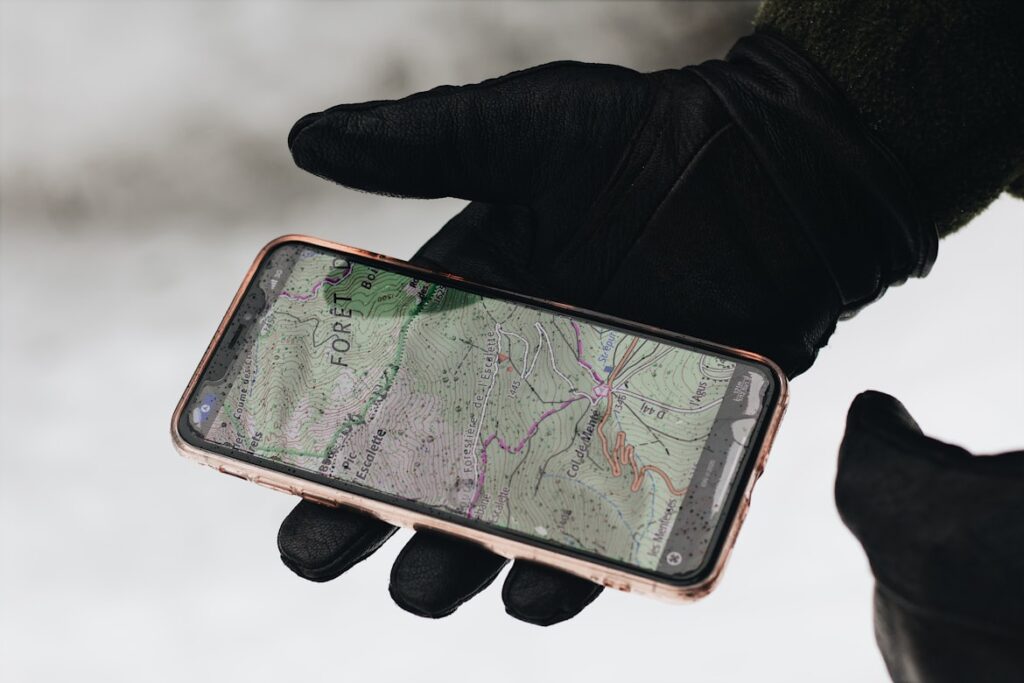
GPS is amazing. It gets you where you need to go without thinking twice. Dr. Chen gets that. It’s fast and it’s efficient.
But he rarely uses it for simple navigation. Why? Because he believes that “outsourcing” this task to a machine can weaken a critical part of the brain.
That part is called the hippocampus. It’s tucked deep inside your brain and handles memory, learning, and navigation. Think of it like a mental muscle. If you stop using it, it weakens.
When you follow GPS directions—“Turn left in 300 feet”—your brain takes a back seat. You’re not thinking, you’re just following. But when you find your own way, you wake that muscle up. You notice landmarks, recall turns, build a map in your mind. That’s your hippocampus in action.
This is not just a theory. We have stunning proof.
Back in 2000, researchers studied London taxi drivers—people who must memorize thousands of streets to earn their license. Brain scans showed these drivers had a larger hippocampus than people who didn’t navigate for a living. The more years they drove, the stronger that part of the brain became.
That’s neuroplasticity in motion. Your brain is literally reshaping itself to meet demand.
Alzheimer’s disease is a condition that specifically attacks the hippocampus. So, could “exercising” this area protect it?
A brand new 2024 study in the BMJ suggests yes.
This large study analyzed mortality rates across 443 different occupations. It found that taxi drivers and ambulance drivers had the lowest proportion of deaths from Alzheimer’s disease.
Ambulance drivers had a 0.91% risk-adjusted rate. Taxi drivers had a 1.03% rate. This was the bottom of the list.
The most telling detail? Other transportation jobs, like bus drivers who follow fixed routes, did not have this same protection.
This strongly suggests the protective benefit is not from driving. It is from the specific, active, real-time spatial navigation. This is a core insight for a neurologist focused on brain health.
So, what does Dr. Chen do?
He is not a Luddite. He still uses GPS for traffic updates. But he will keep the map off and navigate from memory.
He challenges his brain. He tries to find a new way home from the hospital. He plans a route to a new restaurant and tries to follow it.

You can do this too. Play games like Tetris or Minecraft. Build with LEGOs. Even your language matters. Instead of saying “it’s over there,” try to use specific spatial words. “It is on the top shelf, to the left of the coffee”.
Little things like this might not feel like much, but to your brain, they’re a workout.
Also Read: The Real Science-Backed Benefits of Eating Almonds and What Happens When You Eat Them Daily
The Neurological Risk of Energy Drinks
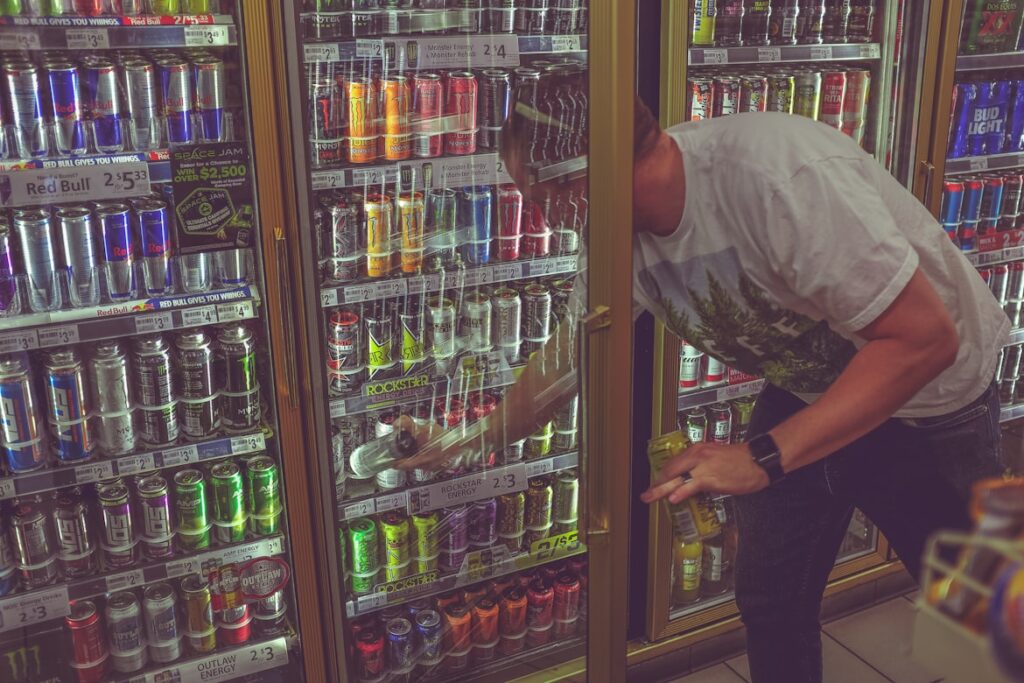
Many of us work long days. We feel drained. Reaching for an energy drink seems like a fast solution.
Dr. Chen never touches them. As a neurologist, their ingredient lists set off multiple alarm bells for him.
The most obvious problem is the high level of caffeine. This can lead to insomnia, anxiety, restlessness, and heart palpitations. But that’s only part of the problem.
The real issue, Dr. Chen says, is what’s hiding behind the “vitamin boost” label. Many energy drinks are fortified with massive doses of B vitamins. People see “B vitamins” and think “healthy” or “energy.” This is a dangerous marketing trick.
Your body can flush out most excess B vitamins. But there is a notable exception: Vitamin B6 (pyridoxine).
Excessive B6 can accumulate in your body. High levels are neurotoxic. They can cause a condition called peripheral neuropathy. This is damage to the nerves in your hands and feet.
Dr. Chen has seen this in his own practice. A recent study confirmed it. It looked at patients with neuropathic pain who drank a lot of energy drinks. Their Vitamin B6 levels were often greater than 100 ng/mL. The high end of the normal range is about 21.7 ng/mL.
What about the other ingredients?
The two main components in most energy drinks are caffeine and taurine. A 2019 study looked at what this specific combination does to developing brain cells in a lab.
The results were disturbing.
The caffeine-taurine mix increased degeneration in oligodendrocytes. These are the cells that create myelin, the vital insulation around your nerve fibers.
It also harmed the structure of hippocampal neurons. It damaged their axons and dendrites, which are essential for cell communication.
This is very concerning. The primary market for these drinks is adolescents and young adults. Their brains are still developing.
So, what is a better option?
If Dr. Chen feels tired, he drinks a glass of water. Fatigue is one of the first signs of dehydration.
If he is really tired, he takes a 15-minute power nap. This is far more restorative than any chemical stimulant.

If he needs a caffeine boost, he chooses it carefully. Matcha or green tea also contain L-theanine. This is an amino acid that can promote calm and focus, balancing the jitters of caffeine.
Also Read: Study Finds Your Body Thinks Before Your Brain Does, And It Could Revolutionize Coma Treatment
How “Harmless” OTC Meds Can Mess with Your Brain
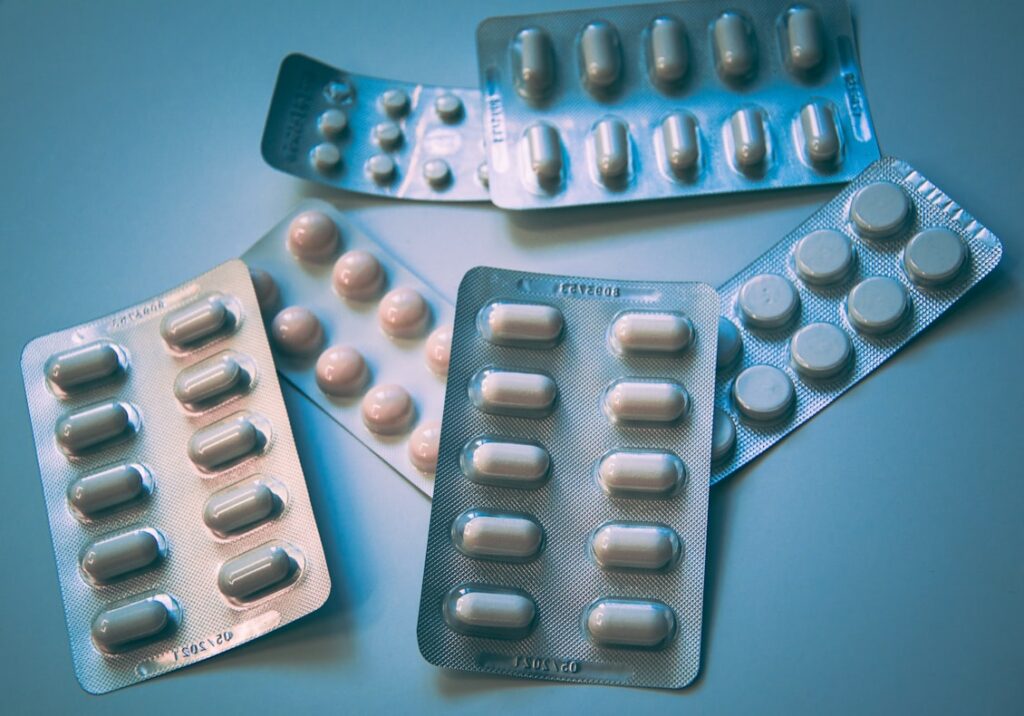
This is something Dr. Chen talks about a lot. Just because a drug is sold over the counter doesn’t mean it’s harmless. If you overuse it or take it the wrong way, it can seriously hurt you.
Always follow the label. Never assume “more” means “better.”
He’s not talking about the usual stuff. You probably already know that too much ibuprofen can mess up your stomach, and too much Tylenol can wreck your liver. What worries him are the lesser-known neurological dangers, things he’s seen firsthand that can quietly damage your brain or nerves.
Case 1: The CJD Scare That Wasn’t
Dr. Chen once saw a patient with confusion, memory loss, and jerky movements. They couldn’t walk straight. These are all terrifying signs of Creutzfeldt-Jakob disease, a fatal brain disorder with no cure. But it wasn’t CJD at all.
It was bismuth toxicity, from overusing Pepto-Bismol. The “harmless” pink liquid. Once they stopped taking it, their symptoms vanished. What looked like a death sentence was actually 100% reversible.
Case 2: The Hidden Damage from Too Much Zinc
Another patient came in with weakness, stiffness, and numbness. It looked exactly like a spinal cord injury or severe B12 deficiency. The real cause? Massive doses of zinc.
People often take zinc after hearing it boosts immunity, especially online. But too much zinc causes your gut to trap and flush out copper, another vital mineral. Without copper, your nerves start to break down.
The problem isn’t the zinc itself; it’s the copper deficiency it causes. And the result can be lasting spinal cord damage.
Case 3: The Sleep Aid That Raises Dementia Risk
Trouble sleeping? Seasonal allergies? Many reach for Benadryl, ZzzQuil, or Unisom. These all contain diphenhydramine, a strong anticholinergic drug. It works by blocking acetylcholine, a key chemical for memory and attention.
We always knew these drugs could cause short-term grogginess or confusion. But a 2015 study changed everything.
Researchers followed thousands of older adults and found that the more anticholinergic drugs they took, the higher their risk of developing dementia, including Alzheimer’s.
And the scariest part? The damage might not go away, even if you stop taking them.

For Dr. Chen, this is a big part of protecting brain health. It’s not just about eating well or staying active; it’s also about knowing what you put in your body, even when it’s sitting on a pharmacy shelf.
Also See: We’ve Been Wrong About Muscle Cramps — It’s Not Dehydration, Scientists Reveal a Hidden Cause
Why He Protects His Body to Protect His Brain

Dr. Chen loves the outdoors. But he’s also careful, because as a neurologist, he knows that one tiny bite can change everything.
Every summer, he sees people in the hospital who were perfectly healthy a week earlier. Then they show up confused, feverish, sometimes seizing or even in comas. The cause? A bug bite.
Most people have heard of Lyme disease, but that’s only the beginning.
Lyme Disease (Tick)
This one’s common and, luckily, very treatable if caught early. But if it’s missed, it can cause facial paralysis, meningitis, and sharp nerve pain.
West Nile Virus (Mosquito)
Most people who get it just feel like they have the flu. But in rare cases, it can attack the brain, causing swelling or even paralysis. Over half of those who survive the severe form never fully recover.
Powassan Virus (Tick)
This one’s rare but scary. About one in ten people who get it don’t survive. Many of the rest live with long-term damage: memory loss, muscle wasting, and constant headaches.
Eastern Equine Encephalitis (Mosquito)
This is the one that truly unsettles him. It’s rare, but about a third of those infected die. Survivors often face severe brain damage, personality changes, or lifelong seizures.
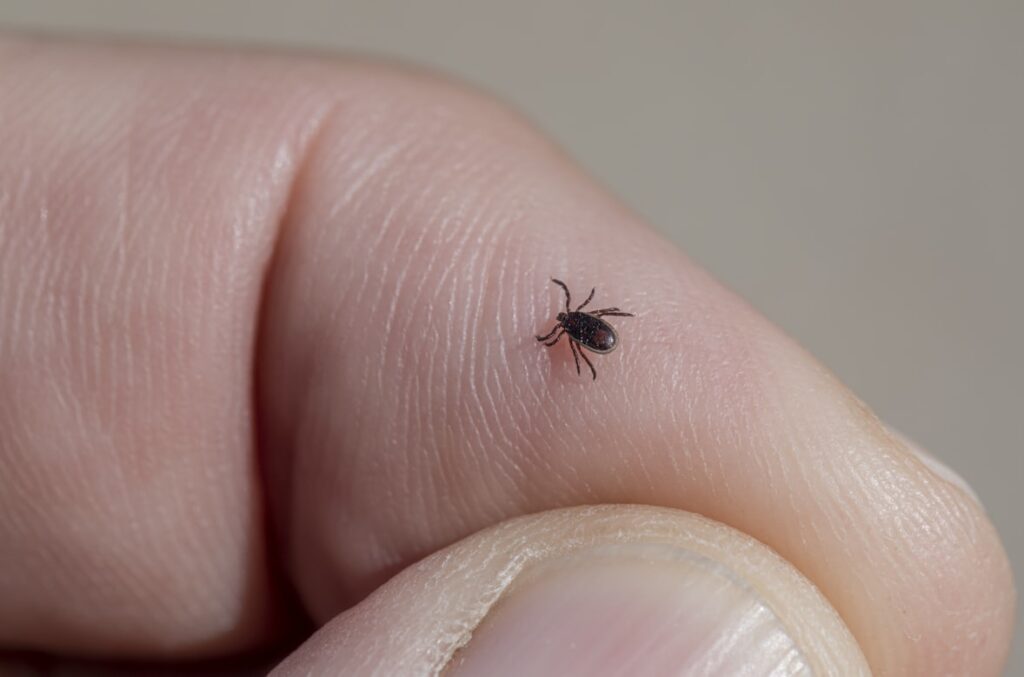
That’s why Dr. Chen is strict about prevention. He follows a simple three-step routine every time he goes outdoors.
Step 1: Before Going Out
He sprays his clothes, boots, and backpack with permethrin. It kills ticks on contact and lasts through several washes. For skin, he uses picaridin, a repellent that works as well as DEET but doesn’t smell or melt synthetic gear.
Step 2: When He Gets Back
He showers within two hours of coming indoors. It’s proven to lower Lyme risk and helps wash off ticks that haven’t latched on yet. Then he does a full-body check: underarms, ears, belly button, knees, scalp, the whole checklist.
Step 3: If He Finds a Tick
He skips all the old tricks: no matches, no nail polish, no petroleum jelly. Those just make the tick panic and release more bacteria into your bloodstream.
Instead, he grabs fine-tipped tweezers, pulls the tick straight out without twisting, and then cleans the area with alcohol or soap and water.
That’s it. Simple steps, but they matter. For Dr. Chen, protecting his body from infection is just another way of protecting his brain.
Read: This Common Habit Is Shrinking Your Brain, No Matter How Much You Exercise!
Your Brain Is Your Most Valuable Asset
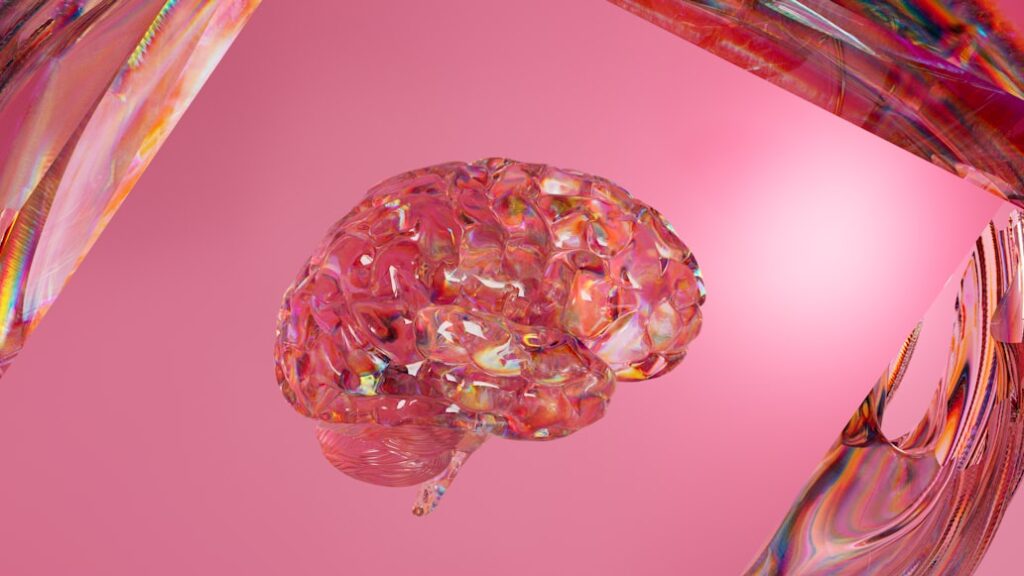
All the usual health advice: eat well, sleep enough, exercise, still matters. That’s the foundation. But keeping your brain sharp takes a bit more awareness.
It means being an active participant, not a passive one.
It means being a critical consumer, not a trusting one.
And it means being a prepared protector, not a casual one.
These aren’t huge, dramatic changes. They’re small, thoughtful habits. That’s how Dr. Chen protects his brain, one mindful choice at a time, for a long, clear, and healthy life.